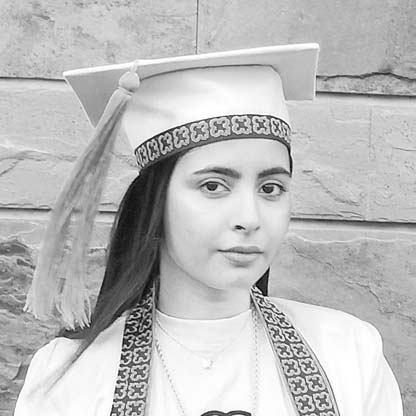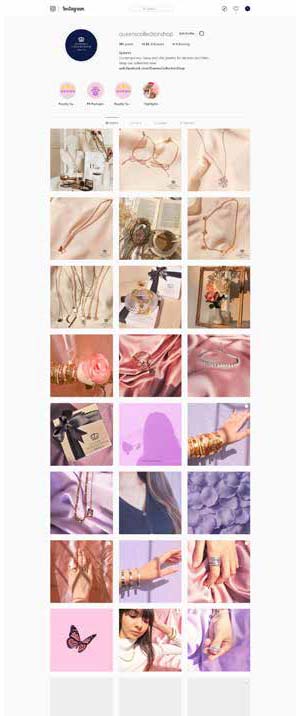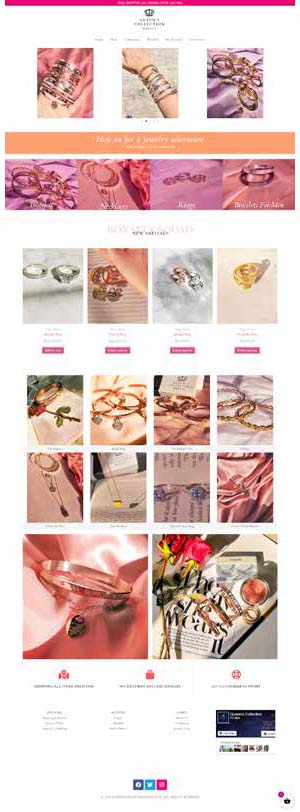
MAHEEN FARMAN
Aspiration Statement
I aim to do my masters in Management and work in a challenging multinational. I am interested in marketing, strategy and planning and research analysis. I am a founder of an entrepreneurial venture. In the near future, I see myself as a successful entrepreneur with international operations.
Core Skills
- Qualitative Research
- Product Photography
- Strategy and Planning
- Social Entrepreneurship
- Editorial Skills
- Data Analysis
- Monitoring and Evaluation
- Presentation Skills
Academic Awards / Achievements
- Top 10 team in the Nest I/O Women’s Weekend Startup Competition 2018
- Best Intern Award - Gerry's International HR Department [Sep 2018]
Experience
Leadership / Meta-curricular
- Scholarship of Teaching and Learning Conference 2019 - Organizer
- Operation: Eid Child - Fundraising Organizer
- Sustainability Club 2018 - Design Director
- Karachi Conference 2017 - Team Leader
Internship / Volunteer Work
- Aga Khan University - Research and Marketing Intern
- Queen’s Collection - Co-founder
- Gerry’s International - Marketing and Business Development Intern
- Dot & Line Club - Intern
- Cherie Blair Foundation for Women Entrepreneurship - Mentee Alumni
- Saima Groups - Marketing Project Trainee
Publications / Creative Projects
- Presented a research paper on Adult Education at a Conference - ‘Scholarship of Teaching and Learning’ at Aga Khan University in November 2019.
- Created a startup which uses hydroponics to grow plants without soil called WaterWorks.
Final Year Project
Project Title
Wedding Expenses and Voice of Urban Working Women: How Do Pakistani Urban Middle-class Working Women Conceptualize Decision Making and Autonomy in terms of Their Wedding Expenses?
Description
The research aims to explore and understand the notion of autonomy and agency of urban middle-class Pakistani women in terms of their wedding expenses. Working women challenge the patriarchal structure of society by practising financial independence. Women feel empowered, and responsible and yet overwhelmed with earning an income and spending it on themselves on their wedding day. Women were asked about how they managed their expenses and how the patterns changed after their wedding. This qualitative study comprised three in-depth interviews. Content analysis was employed for data analysis. Findings illustrate that women did feel empowered and content, and their husbands did not interfere in their decision-making of expenditures but rather supported them in their endeavours. Women reported to have mostly spent on their personal expenses such as the wedding dress, and not on other arrangements. Themes of responsibility, guilt, and the importance of education leading to empowerment emerged.

